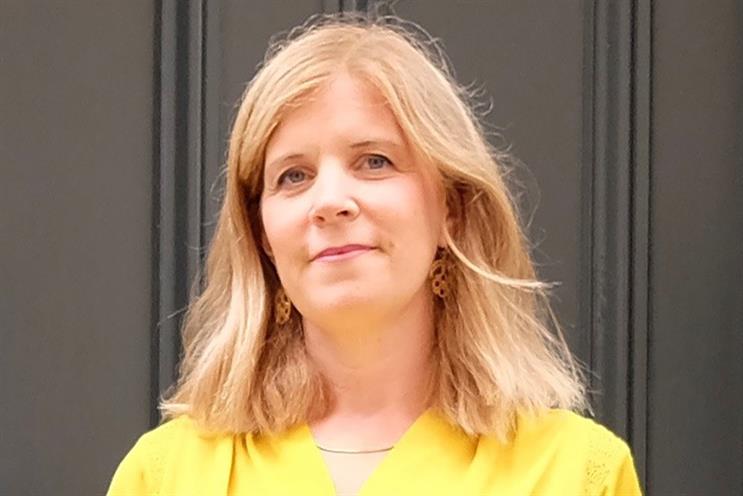Hot on the heels of Channel 4’s pregnancy loss policy and Saatchi & Saatchi’s initiative to support working parents, Wonderhood Studios is also launching a pregnancy loss policy for its employees. We are not the first, but as a company that has “look after each other” as a core value, this is an important thing for us to put in place.
As one of the UK’s one in four women to have experienced a miscarriage, this policy is important to me personally. When I had my miscarriage, I had recently started a new job with all male bosses. I was concerned about how it might reflect on me, so I chose to hide it, carry on and try as far as possible to behave publicly as if it hadn’t happened.
With at least 250,000 miscarriages a year, company pregnancy loss policies are important. They not only put the employee first, but they also help to surface and normalise the conversation. And even if somebody is uncomfortable talking openly about their experience, they signal that a company is there to support individuals who experience pregnancy loss, enabling them to take time to process the physical and emotional impact of it in the right way – and importantly, without the worry that it will have an impact on their career.
Wonderhood’s policy launch was timed to coincide with Channel 4’s pregnancy loss policy. Channel 4’s policy has been a long time in development, but the specific timing of their announcement was driven by the broadcast of the first episode of Baby Surgeons: Delivering Miracles, produced by the original programming team at Wonderhood Studios. This documentary series about the fetal medicine unit at St George's Hospital in London sensitively documents the experiences of expectant parents who are faced with complications and sometimes loss during their pregnancies, and the extraordinary surgeons and medical teams who help them. In doing so, it raises an important subject matter, one which in partnership with Tommy’s saw the issue get picked up across the national press and Twitterati.
In advertising, we aim to make work that gets people talking and creates a conversation. At its best, the industry is brilliant at rooting out kernels of cultural conversations and insights into the mood of the nation and then replaying them back in a way that entertains or sparks a debate. Sometimes advertising and marketing give a voice to important social and cultural issues in a way that surfaces previously taboo topics and has the power to move a conversation forward.
There are many famous examples of this: Dove’s “Real beauty” campaign championing body positivity; Always’ “Like a girl” tackling the erosion of confidence among teenage girls; Bodyform’s “#WombStories”, “Viva la vulva” and “Blood normal” breaking taboos around female bodies and reproductive health; or the recent Relate campaign exploring sexual intimacy among older people.
But the interesting question for advertising is how it chooses to respond to the debates it creates, particularly when it raises issues that affect the lives of those working within the industry. In a 2020 北京赛车pk10 article about the miscarriage policies introduced by Creature and Lucky Generals, some agencies said that, as they were a compassionate bunch, they did not feel it was necessary to formalise support in this way.
Since that article was written, we have collectively lived through Covid. The pandemic has created a sea change in the way that the advertising industry and those leading agencies need to respond to those working for us. We have had literal windows into people’s personal lives, while simultaneously being removed from the corridor chats and how people are actually coping. This raises the question of whether a cosy chat and compassion are viable responses to the issues affecting employees’ physical and mental wellbeing.
As an industry we have a responsibility now more than ever to do the right thing by our own people, which includes standing by the ethics and values we choose to surface for our clients. At Wonderhood, when we started a conversation around pregnancy loss with Baby Surgeons we also raised a debate that affects our own people. We hope that the wider introduction of policies which put the employee first sparks a change for many more people and businesses across our industry.
Jessica Lovell is co-founder and chief strategy officer of Wonderhood Studios


